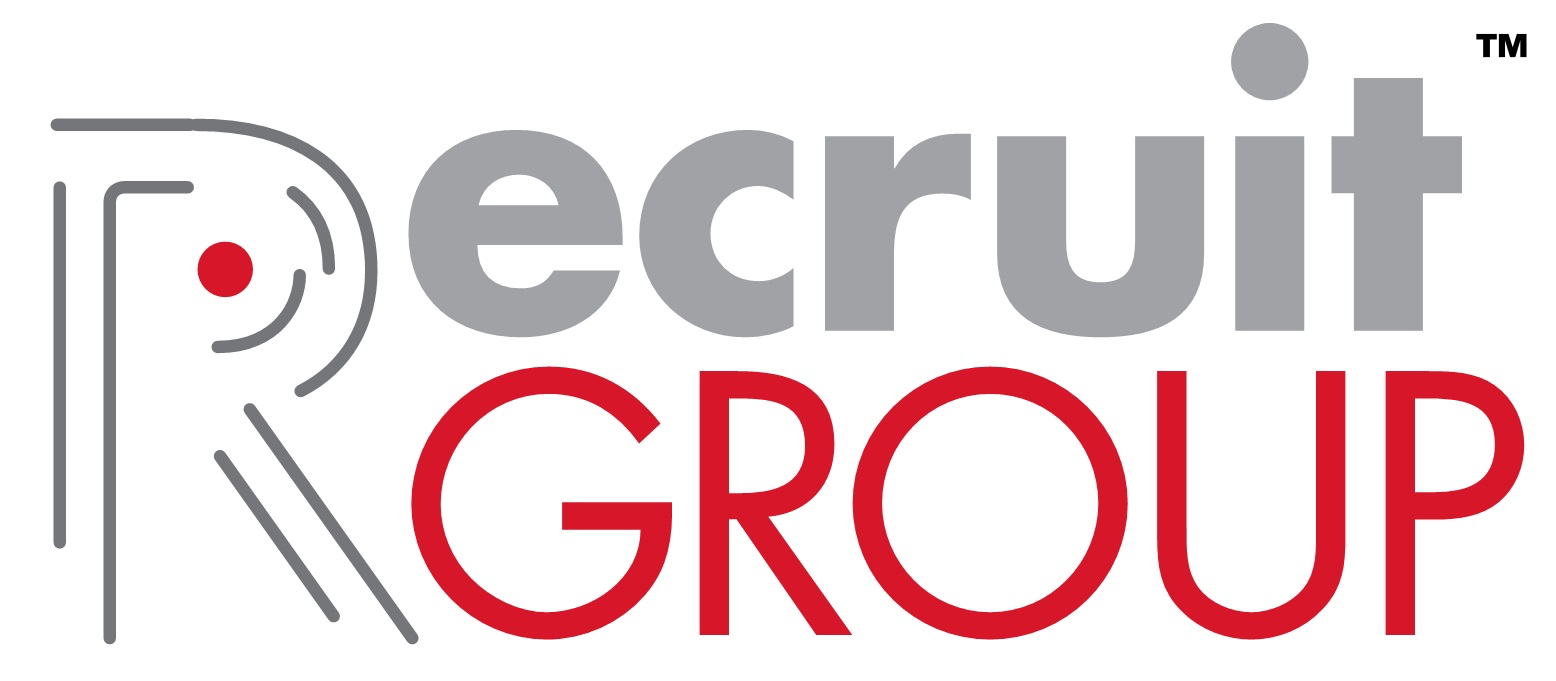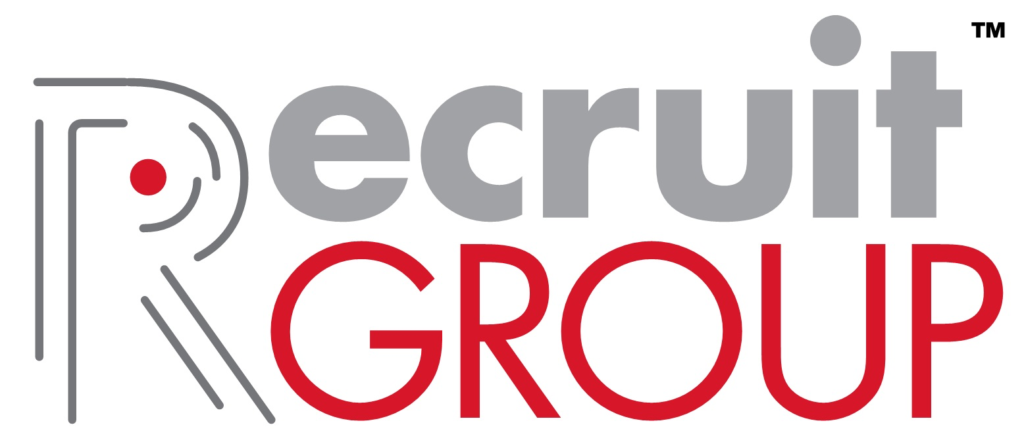You saunter sublimely across the stage and shake the hands of the faculty of the largest organization you have ever been a part of. You pose awkwardly for another sudden, yet staged photo shoot. Then, you pridefully move your tassel to the left, and then FINALLY… (the moment you’ve been waiting for) you blissfully throw your mortarboard as high as you can. You did it. You breathe in a deep sigh of relief as the fruits of your labor are finally ready to be harvested. You have just received the most expensive sheet of glossy 11×14 paper on the planet. However, this momentary sense of composure is cut short as reality starts to set in and you can’t help but ask yourself, “Now what?”
Entering the job market as a millennial can be discouraging. On the one hand, many companies thrive off prospective young talent and the fresh perspectives that our generation offers. While on the other hand, some companies deem us as lazy, entitled narcissists. Personally, I found myself struggling with what kind of job I truly wanted. I had applied online to nearly 25 positions (none of which I was actually passionate about) and received 25 cookie-cutter auto-replies deeming me and my glossy piece of paper, “unfit.” This was frustrating. These hiring authorities didn’t know me. They weren’t aware of my capabilities, the value I’d bring to their organization, or my work ethic. Quite frankly, they never gave me a chance. So, I did what any resourceful, yet unsuccessful job seeker should do: I met with a recruiter. And I will tell you what, HE WAS GOOD! Meet their newest employee… It’s me! I had never considered recruiting before, but it sounded new and exciting and I was unemployed anyway, so I thought, “Hey, why not, right?”
Millennials, check out my six reasons why a recruiter is a great career choice for a recent college grad.
- Recruiting is challenging.
In today’s Google-driven world, instant gratification is a necessity for the impatient, stereotypical millennial. As a recruiter, the sales cycle can be quite lengthy, dependent upon a company’s hiring process. The timeline can seem unbearable. Nevertheless, a longer sales cycle can breed patience and demonstrates the need for constant follow-up and effective communication. It isn’t about what you say; it’s how you say it. Even if the process is long, you need to be fast-paced, and questions need to be pointed in order to save time. You can’t beat around the bush. As a recruiter, you need to be able to ask questions, and more importantly, listen to a candidate’s wants and needs. Ultimately, the decision to take a job or not isn’t yours. Making sure the position aligns with their needs is very important.
- You build your own brand.
Recruiting is entrepreneurial in spirit. There is a lot of autonomy in your daily routine. It is up to the recruiter to make cold calls, follow up, and move forward with or move on from candidates. Candidates have to trust you or they won’t open up to you. Your daily metrics are tracked and ranked against other recruiters in your firm. The more dedicated and organized you are, the better the numbers will be. This openness keeps the office competitive. Millennials can use these metrics to see which areas of the process need more attention, what sides of the business is lacking, and where improvements are needed. From here, it is up to you to adjust accordingly. This can be beneficial to Millennials, as it requires effective time management. Since this business is self-driven, slackers won’t survive in it.
- Ultimately, you are changing your placements’ lives.
This job is more than just a “typical office job.” Working for an international recruiter, you get to talk to people with different backgrounds all day long. It is more than just money– we help candidates in so many priceless ways, as well. Maybe their new position will let them travel less and spend more time at home with family. Or hopefully a new job will be less stressful, and your candidate will be more relaxed. As recruiters, we significantly impact people’s lives. Think about it. People spend nearly 45 hours a week at their place of business.
- Rejection is a big part of the job.
Becoming a recruiter can help sensitive Millennials grow thicker skin. It builds resilience. Since we’re stepping into entry-level roles, working with seasoned veterans can be challenging, yet rewarding because they offer a lot of insight into the industry. Being able to take criticism well only leads to becoming a better recruiter, and it starts with being resilient and tough. Rejection can help combat sensitivities and you’ll learn that in the business world, it isn’t personal…it’s business.
- Recruiting can help Millenials become team players.
One of the most important parts of success in sales is group collaboration. In the recruiting space, candidates are ambiguous. Their background may fit into more than one search. Sometimes you have to think critically. Recruiting can breed innovation and encourage Millennials to think outside the box and speak their minds to advocate why your candidate can be a potential match in another role. This boosts synergy and increases internal morale. More importantly, it proves that everyone’s opinion matters.
- Inside sales is great for socially inept Millennials.
One of our greatest criticisms as Millennials is that we don’t communicate well face-to-face. According to other generations, today’s technology has ruined our interpersonal communication skills. So much of our daily communication is conducted via text message or e-mail. Over the phone, millennials can establish connections with other professional people and ultimately conduct business without ever having to meet in person. This role combats shyness, common with Millennials, and develops our sometimes lacking communication skills. Recruiting serves as a soft entrance into the sales world, and teaches you about closing, follow-through, and marketing.
If you take away one thing from reading this, understand that a recruiter is a great place to begin your job hunt after college. At the very minimum, a recruiter will help you get started and point you in the right direction. Or, if you are like me, you could become a recruiter yourself and the experience will teach you how to interview, how a polished resume should look, and what a good candidate is and isn’t. When I stepped off that stage on December 15th, I had no idea what was next for me. Recruiting wasn’t my major, but I took a risk and, in the end, it was worth it. The job search is tough, but luckily, savvy recruiting firms love to hire Millennials, especially straight out of college. Particularly, here at Recruit Group. (See: Why the Security Industry Should Embrace the Millennial Workforce)


